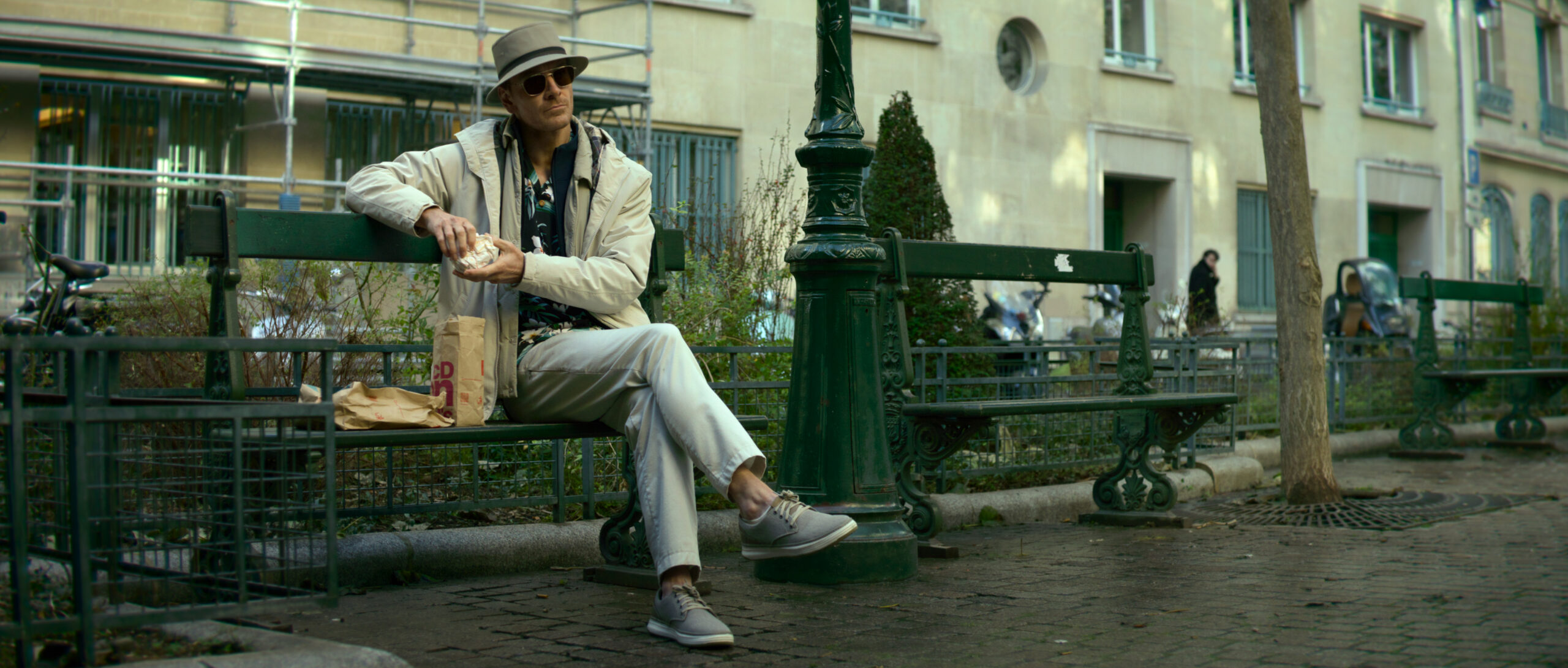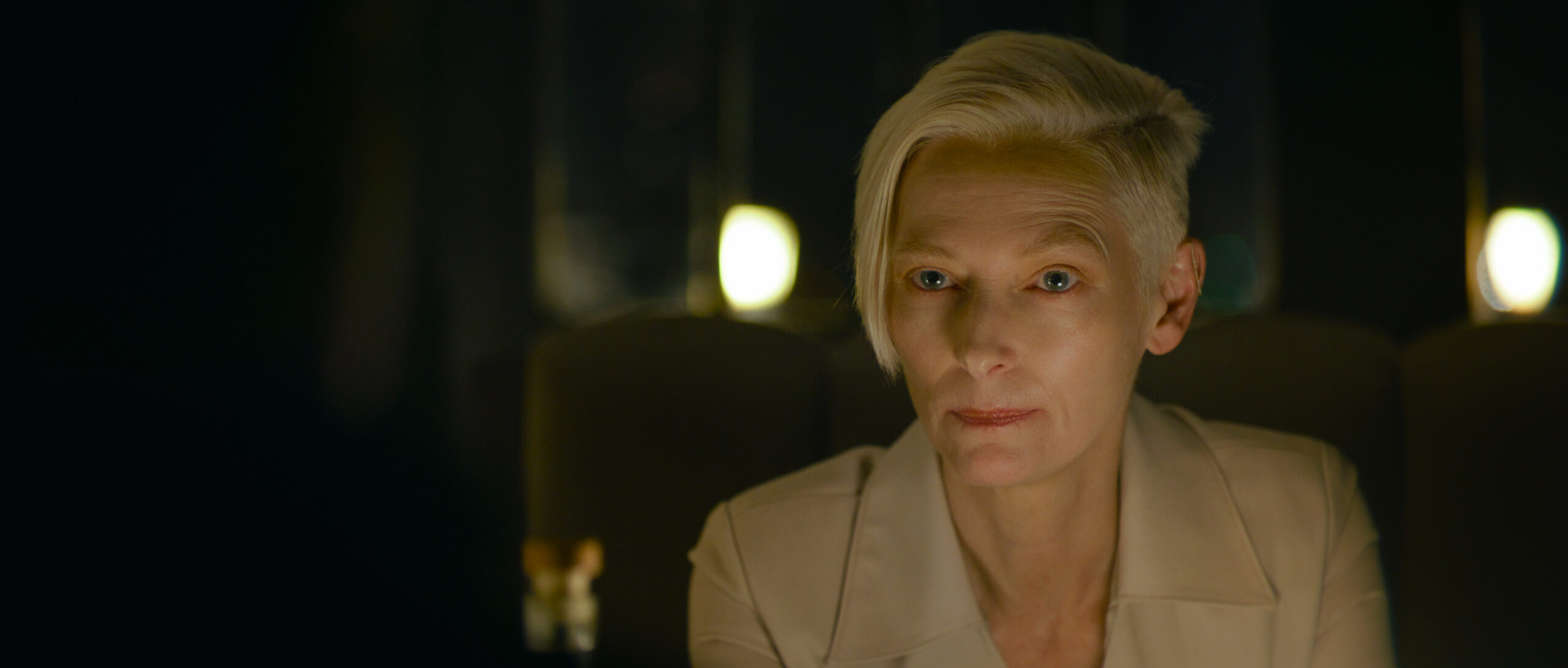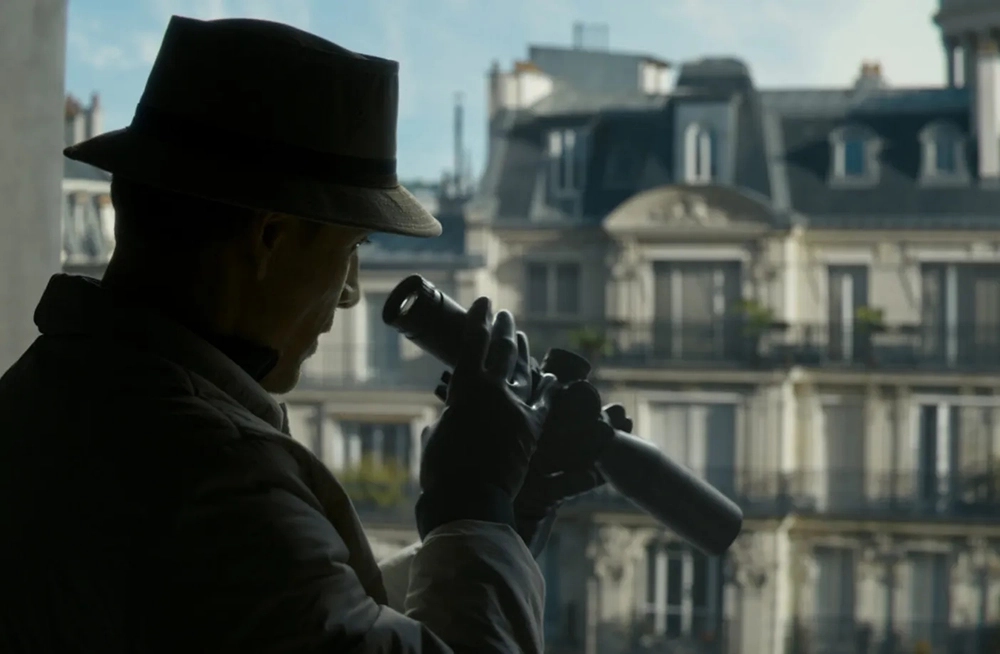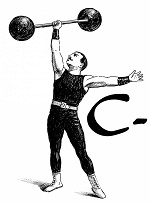Adapted from a French graphic novel of the same name, “The Killer” has David Fincher returning to genre filmmaking, attempting to make an antithesis of the assassin and hitman movies throughout cinema’s history. But the director’s stylistic touch and smooth visionary aesthetic can’t outweigh the pretentious undertone and egregious narration accompanying the director’s intuition. One great scene with Tilda Swinton isn’t enough.
I believe everyone who has some kind of admiration for cinematic craft holds David Fincher dear. And while I dislike a couple of his features, there’s plenty to praise and appreciate. He often curates his films with a sense of flash, flair, and enigmatic, thrilling emotion that seems natural to him. The last time we saw one of his features, Fincher delivered his best work to date with “Mank.” (I know it is a hot take for some people). Even though he isn’t one of my favorite modern American directors, I was pretty excited to hear that Fincher would adopt the French graphic novel “The Killer.”
Twenty-Minutes of Knowing a Cold-Hearted yet Witty Hitman
With Michael Fassbender and Tilda Swinton attached to the project, alongside his talented crew of Cinematographer Erik Messerschmidt, Editor Kirk Baxter, and the Nine Inch Nails duo, it was deemed to be an excellent fit for a pulsating and awe-enticing thriller. But, rather unfortunately, his latest work doesn’t end up being like you would expect in all senses. The first twenty minutes of “The Killer” are dedicated to getting the audience deep inside the mind of the lead character. He’s a stale and cold-hearted assassin (Michael Fassbender). As described in detail, he doesn’t pledge allegiance to anyone outside the person who pays him. He doesn’t have a name. That’s probably because the man doesn’t have an identity of his own from all of the traveling, disguises, and adopting an alias.
Similarly to Harmony Korine’s “Aggro Dr1ft,” he describes himself as the best assassin to rent on the market. He only focuses on his job and nothing else. The titular murderer stays silent unless called after or when convenient. He has to be a ghost—lurking in the shadows and keeping things according to plan. It is a slight misstep for him, and everything can come crashing down. Since he is one with his abilities as a killer, there’s nothing to worry about. “Don’t improvise; stick to the plan”, he often murmurs. The contract assassin constantly listens to The Smiths–an annoying creative decision on Fincher’s part–and ponders everything that comes to his mind to burn out time as he awaits his target.
The hitman speaks about the thousands of McDonald’s all around France and how the mornings in Tokyo differ from the ones in Paris. With his tongue in cheek, the hitman believes he’s grown to appreciate proximity work (gradual poisoning, staged accidents, and drownings). Fassbender plays him as a methodical and silent maniac. Each breath he takes is like exasperation induced by his frustration with society. A single blink may quickly change his assassination scenario. He looks out from an abandoned Parisian household like James Stewart’s L.B. Jefferies in “Rear Window,” contemplating the mundanity of life the people in each room must have. After a couple of days of waiting, the opportunity has arisen.

Once the Assassin Misses, The Film Goes Downhill
The target is in his sight. As he prepares to shoot the killing blow, the assassin states that “he doesn’t give a f*ck”, one last “cool guys don’t look at explosions” line to seal the deal and earn his cash. But he misses. All of this self-aggrandizing talk about precision and perfection leads up to a fatal error that will send him on a manhunt of some sort. As we travel with him undisclosed to New Orleans and Santo Domingo, we see the killer go through various situations to piece together why he ended up missing and the mystery behind the man (and his associates) who booked him. David Fincher creates creative and ingenious cinematic experiences. He doesn’t use the same tricks that make his best features tick twice.
Instead, Fincher focuses on concocting new projects with techniques he hasn’t used before. And the same thing applies to his latest work. However, in his latest, the directorial reinvention and aspirations don’t do many favors to the film. From a glance, “The Killer” seems to be a well-thought-out crime-thriller that’s as methodical as visually systematic. Just like the titular character, every move appears to be calculated. From the line delivery and tonnage swindles, Fincher asserts each decision with much purpose to make the audience feel like they are both inside the head of this killer and amidst the chaos of the ever-revolving man-hunt. What ruins the experience is how we don’t see any psychological change within the character at the center of the story and the uninviting intermediary trajectory accompanying it.
The approach to “The Killer” is a double-edged sword. While it is interesting to see how a sharply focused vessel demonstrates his cold persona, you never understand the reasoning behind his impulses. And, on top of the stylish cake, there’s no clear sense of tone. You question whether Fincher is doing multiple things at the same time purposefully or not. Sometimes it feels like a satire, at others, a modern version of “Le Samourai.” However, its biggest crime arrives at the hands of its division between being clichéd or clever. In this case, it never reaches a point where you think it does either of them. With those introductory lines that feel like the stoned guy rambling in front of a room full of sober people, you get the feeling that Fincher is taking the mickey out of the films he has been inspired by for years.

Tilda Swinton Arrives to Save the Day, But is Too Late
But those lines grow weary and annoying by the minute. Self-importance slowly translates from the writer’s hand and pen to the main character’s mouth. As the film goes past those first thirty minutes dedicated to the assassination attempt and failure, the sequences grow duller. Each scene becomes even more stale and frustrating. You know that Fincher can do so much more visually and artistically than what he’s presenting here. There’s the intention behind making the dullness meaningful narrative-wise. But, in regards to its execution, it never engages. Instead, it feels draining and exasperating. The one scene where you think that “The Killer” is heading somewhere thematically is when Tilda Swinton arrives on-screen.
At that moment, the audience finally sees glimpses of the reasoning behind crafting this movie. You can see the flames of its dark ideas and concepts about the economic and societal ladder in modern society amidst the self-reflection of a hitman questioning his life because of one mistake. These few minutes we spend with the titular killer and Swinton offer a new side to the film. This side is more exciting, enticing, and thematically decadent than what happened before until that point. Apart from that scene, there’s nothing challenging or analysis worthy of this. While I dislike “The Curious Case of Benjamin Button” or “Fight Club” plenty, both films can be said to be constructed with some sense of verve or bio, even containing attempts at creative and original concepts. Unlike the aforementioned, “The Killer” doesn’t seem to leave any hint of an impression cinematically.
“The Killer” is now available in select theaters across the United States and hits Netflix on November 10th.



